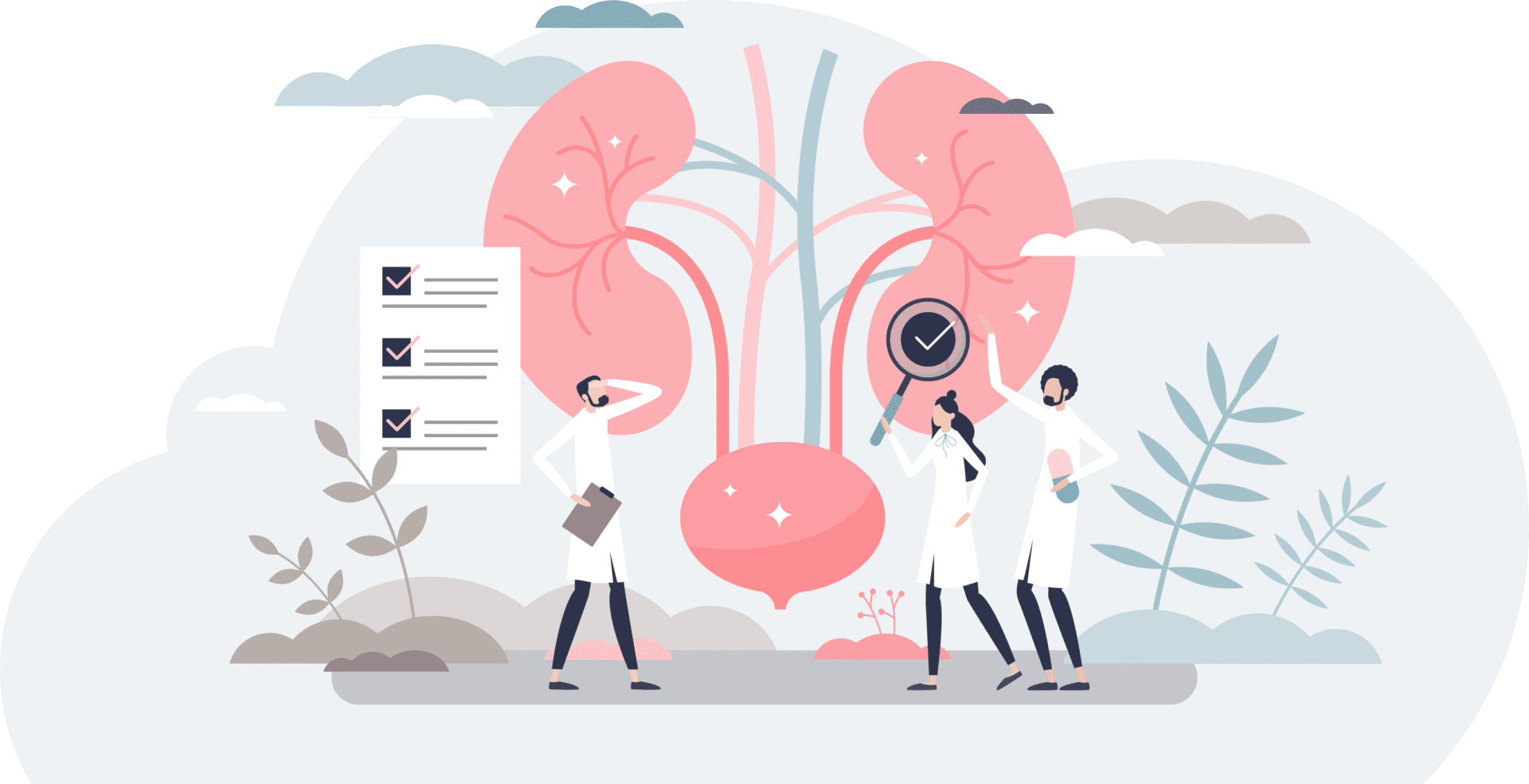Search by Color or Cause


Bladder Health Month is observed in November. During November, Bladder Health Month focuses efforts on connecting, educating, and empowering individuals across the country to get the facts about important bladder health conditions. These include interstitial cystitis, overactive and under-active bladder, urinary tract infections, bladder cancer, urotrauma, neurogenic bladder and nocturia. Wear a cranberry, yellow, or purple, blue and marigold enamel awareness ribbon pin, fabric ribbon or wristband to raise awareness for Bladder Health Month. Personalized Cause offers both personalized and non-personalized enamel awareness pins to represent this important awareness month.
While many of us are not always thinking about our bladder health, this month serves as a reminder to get the facts about common bladder health problems and to take an active role in taking care of our health. Wear a pin in either cranberry, yellow, or purple, blue and marigold to call attention to common and uncommon bladder problems.
Two common health problems affecting the bladder are urinary incontinence and overactive bladder (OAB).
Urinary incontinence touches more than 25 million people in the U.S. The severity of urinary incontinence ranges from leaking urine when you cough or sneeze to having that strong “gotta go” urge or feeling. For most, simple lifestyle changes or health care treatments can ease your symptoms or stop urinary incontinence.
Our bladder serves two roles:
With OAB, these functions are not as effective and can cause strong, sudden urges to go to the bathroom and, for some patients, result in urinary incontinence or leakage. OAB isn’t a disease. Instead, it’s the name given to a group of troubling urinary symptoms. With more than 33 million adults in the U.S. with OAB symptoms, it’s very common.
While bladder health is not often top of mind, there are ways to keep your bladder healthier year-round. Below are a number of tips to help keep your bladder in good shape.
Tell your healthcare provider about your symptoms. You may feel embarrassed. However, keep in mind that your healthcare provider is used to hearing about all kinds of problems. They are very common and there are a number of treatments available. Many bladder conditions can be handled through simple lifestyle changes, behavior modifications, medication, bladder retraining or surgery. If you feel you may have symptoms of OAB or urinary incontinence, be sure to talk to your doctor about which treatment is right for you.
In a recent survey of 1,000 American adults, researchers found many of us are not comfortable talking about urination.
The survey also found: